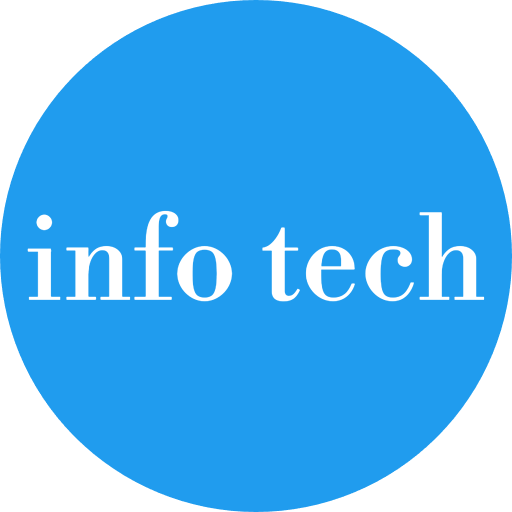Outline:
I. Introduction A. Definition of Artificial Intelligence (AI) .
II. How AI Creates Opportunities A.
III. Debunking AI Job Loss Myths .
IV. Real-Life Examples and Case Studies.
V. Frequently Asked Questions (FAQ)
VI. Conclusion A. Recap of key points
I. Introduction:
In the digital age, Artificial Intelligence (AI) stands at the forefront of technological innovation. However, Artificial intelligence will not take over jobs opportunity there's a prevalent misconception that AI will lead to widespread job loss. In reality, AI is a catalyst for transformation, creating new opportunities and reshaping existing job roles.
 |
| Artificial intelligence will not take over jobs opportunity. |
II. How AI Creates Great Opportunities:
Automation and Increased Efficiency: AI excels at automating repetitive tasks, enabling businesses to streamline their operations, increase efficiency, and focus on more strategic initiatives.
Emergence of New Job Roles: The rapid development of AI technology has led to the emergence of entirely new job roles in AI development, programming, and maintenance. These roles require specialized skills, driving the demand for a skilled workforce.
Skill Enhancement and Upskilling Programs:
Educational institution and organizations offer programs to enhance skills relevant to the AI industry. Upskilling equips individuals with the knowledge needed to adapt and thrive in AI-driven environments.
Collaboration between Humans and AI: In various industries, humans and AI are collaborating synergistically. AI tools assist professionals by processing vast amounts of data, enabling informed decision-making and fostering innovation.
III. Debunking AI Job Loss Myths:
Myth: AI will replace all human jobs: AI is a tool designed to enhance human capabilities, not replace them entirely. While certain tasks can be automated, human creativity, critical thinking, and emotional intelligence remain irreplaceable.
Myth: AI advancements will lead to widespread unemployment: Historically, technological advancements have led to the creation of new job roles. AI is no different—it transforms job functions, leading to a shift in required skills rather than mass unemployment.
Reality check: AI as a catalyst for job evolution, not extinction: AI integration sparks evolution in the job market. While some roles may diminish, new, more complex, and intellectually stimulating roles emerge, ensuring a dynamic job landscape.
IV. Real-Life Examples and Case Studies:
Success stories of industries benefitting from AI integration: Healthcare, finance, manufacturing, and customer service are among the sectors benefitting from AI integration. AI-powered solutions enhance patient care, financial analysis, production efficiency, and customer experiences.
Testimonials from professionals: Professionals across diverse fields testify to the positive impact of AI on their careers. From data analysis to creative fields, AI tools empower professionals, allowing them to achieve more in less time.
Innovative AI-driven projects leading to job creation:
AI-driven startups and initiatives are creating jobs. Entrepreneurs and innovators are leveraging AI to develop groundbreaking solutions, leading to job opportunities in technology, research, and development.
V. Frequently Asked Questions (FAQ)
Will AI replace my specific job role? AI may automate certain tasks within your job role, but it also creates opportunities for you to focus on higher-value tasks that require human intelligence and empathy.
How can individuals prepare for the changing job market influenced by AI? Continuous learning, adaptability, and upskilling are essential. Stay updated with industry trends, learn new skills, and consider specialized courses related to AI and technology.
What industries are at the forefront of AI-driven job opportunities? Technology, healthcare, finance, and education are witnessing significant AI-driven job growth. These industries offer diverse roles ranging from AI development to data analysis and AI ethics.
Is AI integration leading to job diversity and inclusivity? Yes, AI integration promotes diversity and inclusivity by creating opportunities for individuals with various skills and backgrounds. Companies are recognizing the value of diverse perspectives in AI development and implementation.
VI. Conclusion:
In the era of Artificial Intelligence, job opportunities are not diminishing; they are evolving. By embracing AI as a tool that augments human capabilities, individuals can thrive in this transformative landscape. The key lies in continuous learning, adaptability, and the willingness to explore new horizons. As AI continues to shape our world, it is our creativity, empathy, and innovation that will define the future of work. Embrace the change, and the opportunities it brings, with enthusiasm and a commitment to lifelong learning.


0 Comments